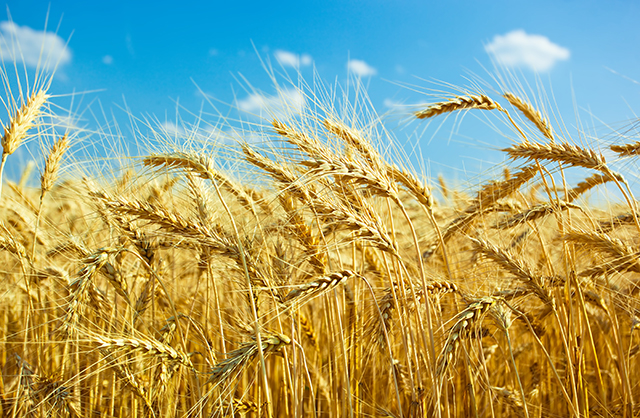
Advertisement
Russia announced on July 17 its decision to suspend its participation in a year-old United Nations-brokered grain export deal that allowed Ukraine to transport grain through the Black Sea but denied its connection to the Ukrainian attack.
Dmitry Peskov, the Kremlin spokesman, denied the link between the Ukrainian sea drone attack and Russia’s decision to suspend the Black Sea grain deal. Peskov stated that the decision to quit the deal stemmed from the failure to meet its demands to implement a parallel agreement easing rules for its grain and fertilizer exports. Additionally, Russia pointed out the insufficient grains reaching poor countries. (Related: Russia halts participation in Ukraine grain deal following “massive” Ukrainian drone attack on Black Sea fleet.)

The Black Sea grains deal, facilitated by the UN and Turkey in July 2022, effectively reduced global food prices and facilitated access to essential food supplies for aid agencies during a time of rising demand and limited funding.
According to the UN trade data, Somalia received 84,000 tonnes of wheat from Ukraine in 2022, a significant increase from the 31,000 tonnes received in 2021. The data reveals that international donors strengthened their assistance to combat an impending famine in the region.
As a response to Russia’s withdrawal from the grain deal, UN Secretary-General Antonio Guterres emphasized that it would negatively affect people in need worldwide. Guterres indicated that Russia’s decision also terminated the related pact that facilitated Russia’s grain and fertilizer exports.
Meanwhile, President Volodymyr Zelensky of Ukraine proposed the resumption of grain exports without Russian involvement. He suggested seeking support from Turkey to counteract the de facto blockade imposed by Russia last year. Zelenskiy stressed the need for international cooperation to ensure security and protection against Russian aggression.
End of Black Sea grain deal may have global effect
The withdrawal of Russia from the Black Sea grain deal affected the availability and affordability of food in poor countries. Shashwat Saraf, the emergency director in East Africa for the International Rescue Committee (IRC), said Somalia, Ethiopia and Kenya, which are currently facing the worst drought in decades in the Horn of Africa, would be the most affected at the end of the grain deal.
Halima Hussein, a mother of five residing in a crowded Mogadishu camp for internally displaced persons affected by years of failed rains and violence from Islamist militants, said: “I don’t know how we will survive. Aid agencies try their best to sustain our lives, but they have very little to give.”
Traders in Mogadishu have projected that the cost of a 50 kg bag of wheat grain may rise from the current $20 to nearly $30. Furthermore, the rush to stock up on food supplies has already begun.
Shopkeepers like Mohamed Osman strive to secure wheat grain sacks before prices surge. Osman explained that purchasing in advance is necessary to prevent the less fortunate from being unable to afford essential food items like wheat.
Korir Sing’Oei, the permanent secretary of Kenya’s foreign affairs ministry, emphasized that food prices, already at historic highs, would experience further increases. Sing’Oei warned that commodities that used to cost a pound or two would now cost four, effectively doubling the prices.
In addition to the direct impact of reduced grain supply from Ukraine, one of the world’s largest grain exporters, instability in global markets may prompt countries with modest surpluses to curtail exports. Its effect will also extend to better-off countries as well.
Egypt, the world’s largest wheat importer, benefited from the agreement as it faced financial pressure following the war and the subsequent rise in global wheat prices. However, the withdrawal caused a spike in the prices of unsubsidized bread, further burdening families already enduring years of austerity.
As a result of rising food prices, aid agencies like the IRC will need to increase the value of cash transfers to provide assistance to hungry individuals, which may lead to a reduction in the number of beneficiaries.
The latest news about the war in Ukraine can be found at WWIII.news.
Watch this video to learn more about the Ukrainian attack on the Crimean Bridge and its connection to the end of the grain deal.
More related stories:
Food supply woes persist: Grain shippers delay deliveries amid barge quagmire.
CHAOS all over the world: UN food chief describes “destabilization of nations” resulting from FAMINE.
FAMINE AHEAD: High fertilizer prices could cause global grain production to PLUMMET by 40%.
Sources include:
Advertisements







